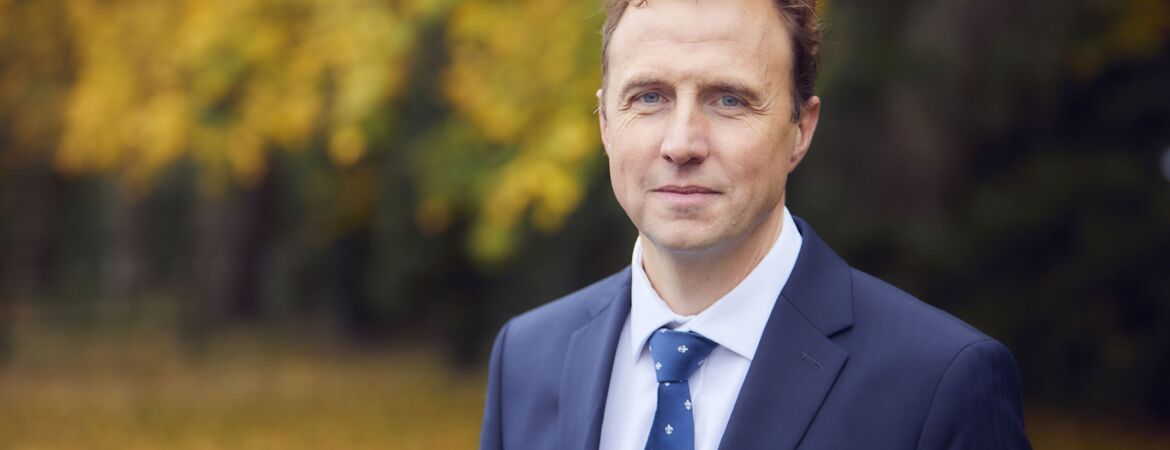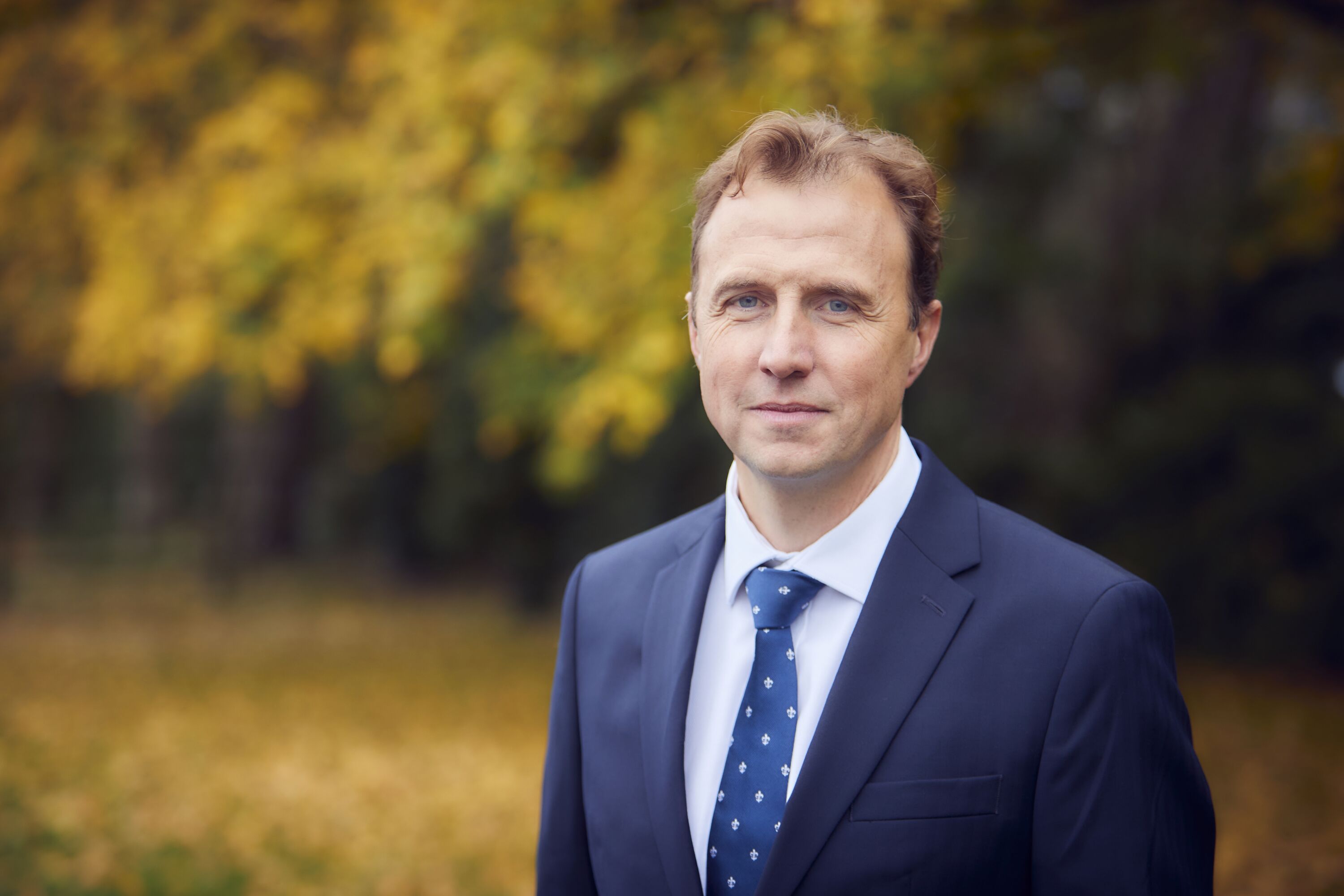THE HEADTEACHER'S BLOG - THE BURFORDIAN, ISSUE 8 2024 - 2025
Back to News
This is the Headteacher's Blog which was first featured in issue 8 of The Burfordian, published on Friday 17th January 2025.

One of the joys of teaching is being able to work with excellent colleagues and share best practice and learn new things. Across this last week I have been able to drop into so many brilliant lessons covering, among others, Maths, Religious Education, Spanish, Economics and English. I have the privilege of exploring the ever-evolving ideas about how to communicate learning to young people, as well as picking up knowledge that I just did not have.
In a Year 8 English lesson, I witnessed the teacher explore the idea of allegory by examining paintings across history. In Maths we looked at how to calculate averages from so called “big data”. In Year 7 Spanish I embarrassed myself by trying to answer the teacher with a mangled hybrid of Italian, English & French (Fritanglais if you will) before being put straight by the expert in the room. I was particularly drawn into the Year 13 Economics discussion about how exchange rates can be fixed or variable and the apparent inconsistency in approach implied by different statements of the President Elect.
I must admit that the lesson where I felt I had the least knowledge was in GCSE Religious Studies. In the lesson the students were discussing the seven (or eight) states of suffering as recognised by the Buddhist faith. I found the content and the contributions by the students had a big impact on my thinking particularly when thinking about the suffering experienced “when you don’t get what you want”. Certainly, a theme for our age, when mobile phones seem to allow for instant gratification, and low-cost mass consumption seems to be a thing of the past.
At the end of the lesson, irrespective of one’s own faith, it occurred to me how much impact learning about different faiths can have on one’s understanding of oneself and how to be in everyday life. Further, when blended with discussions about hidden meaning and the human condition in English or the challenge of translation in language, it came to mind how all subjects can come together to provide self-knowledge. Yes of course I would say that, but it is only when you consider education in the round you get to see past the individual subjects and review what for some is the higher explanation for education – understanding who you are so you can thrive beyond school with a high degree of personal reflection and adaptation.
Throughout this week I have been struck by the variety of approaches to bringing out the best in our students and the professionalism shown in conjuring up these approaches. I was also struck by the knowledge of our staff. Finally, I was impressed by the engagement by the students – a real testament to the culture of Respect Participate Reach.